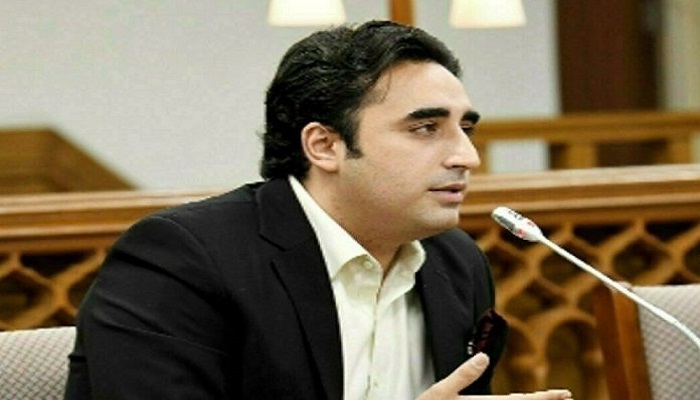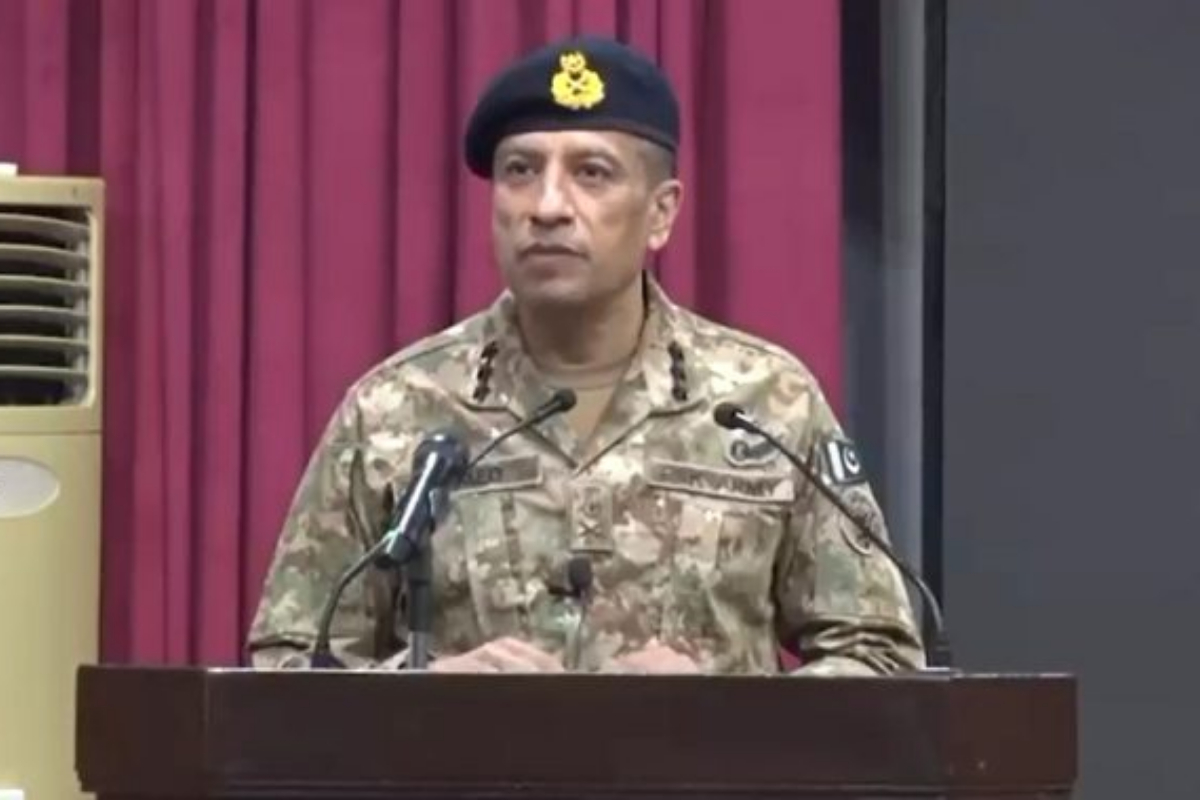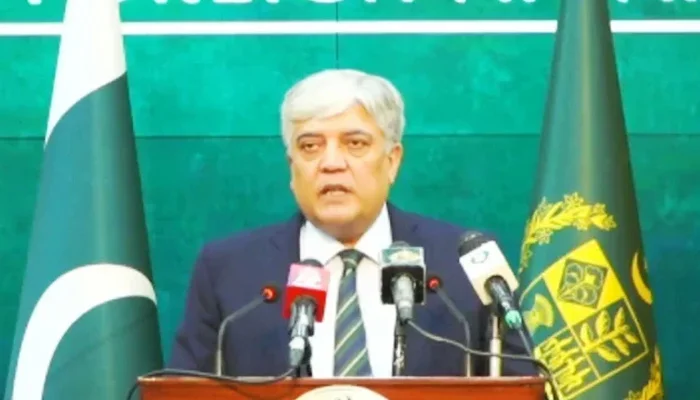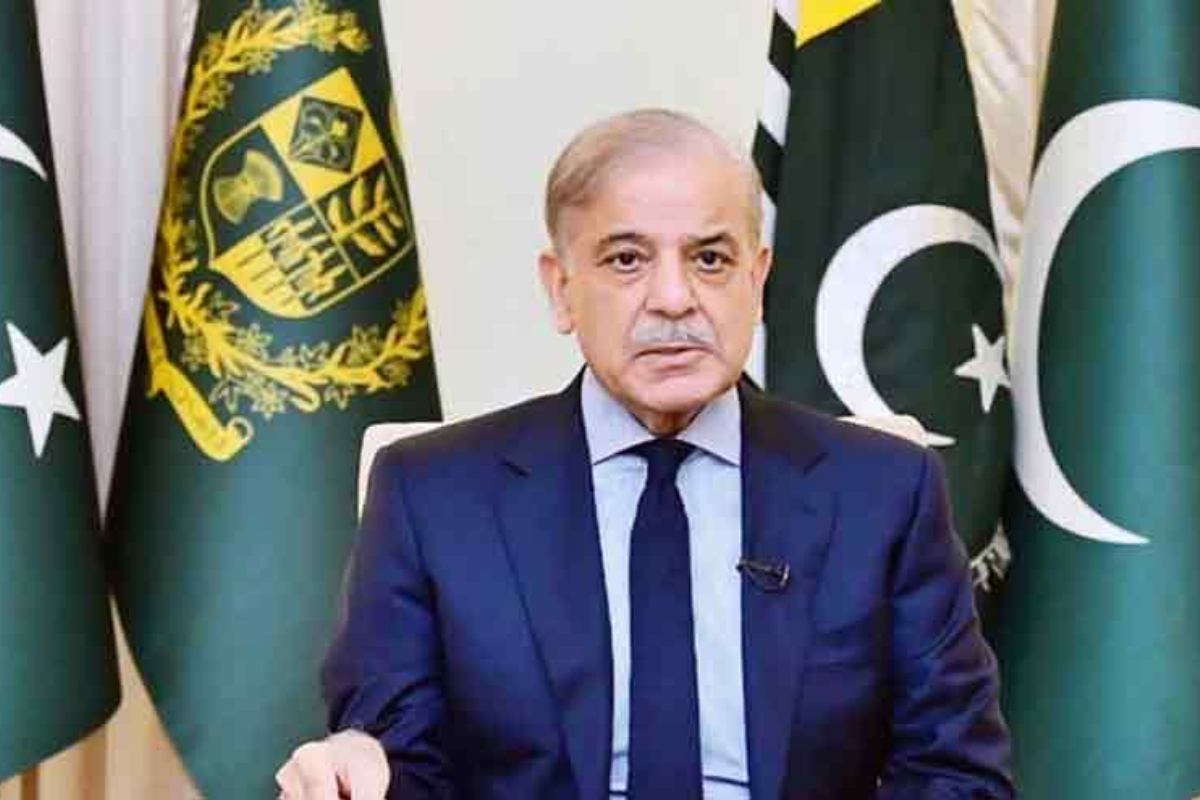ISLAMABAD: As the coalition government pushes to pass a judiciary-focused constitutional package, Pakistan People’s Party (PPP) Chairman Bilawal Bhutto-Zardari has warned of a possible confrontation if the proposed amendments are not approved before October 25, the retirement date of the current Chief Justice.
Last month, the government attempted to pass the closely-guarded package amid rumors of a potential extension for Chief Justice Qazi Faez Isa. However, the effort stalled when JUI-F leader Maulana Fazlur Rehman refused to support it, leaving the amendments in limbo. The government lacked the required two-thirds majority, being short by 13 votes in the National Assembly and nine in the Senate.
During an informal discussion with journalists, Bilawal, who is leading the charge for the package, emphasized that the situation could escalate if the amendments weren’t passed by October 25. He suggested that while the amendments could still be passed after that date, the situation might become tense. “If passed before October 25, the matter will be resolved peacefully. Otherwise, it could lead to confrontation,” he warned.
Bilawal reaffirmed that the PPP remains committed to pursuing the creation of a constitutional court, a goal set out in the Charter of Democracy by the late Prime Minister Benazir Bhutto and a key part of the PPP’s manifesto.
He credited the 18th Amendment with restoring the Constitution’s supremacy and ending dictatorship in Pakistan. He questioned why the judiciary’s actions, particularly the timing of certain decisions, were not being scrutinized.
Referring to a May 6 Supreme Court judgment, Bilawal pointed out the suspension of an Election Commission of Pakistan (ECP) order and a Peshawar High Court ruling related to reserved seats for women and minorities, which had weakened the ruling coalition by costing them a two-thirds majority in parliament. He also questioned the timing of the Supreme Court’s September 14 clarification, which coincided with a scheduled parliamentary session.
In a separate interview with a private news channel, Bilawal emphasized that the judiciary should remain apolitical, stating that the proposed amendments were not aimed at any specific individual. He admitted that the government had not fully consulted its coalition partners on the constitutional package and acknowledged that the amendments could have been presented more effectively.
Bilawal also revealed that Law Minister Azam Nazeer Tarar had briefed Supreme Court judges on the judicial reforms, which led the court to immediately announce its verdict in the reserved seats case. He described this as “direct interference.”
In response to a question, Bilawal noted that the head of the proposed constitutional court would have a three-year term, and the Supreme Court’s history justified the need for such a court. He expressed regret over the backlog of cases, citing the Karachi unrest case that began in 2011 and remains unresolved.
Bilawal reiterated that his efforts toward the constitutional amendment were not directed at benefiting the current Chief Justice Qazi Faez Isa, but rather focused on broader judicial reforms.















